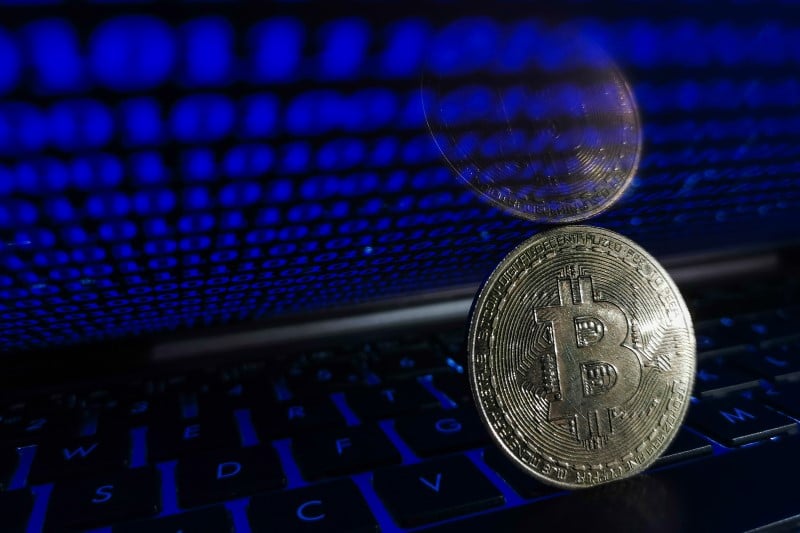Crypto hacks have become more common than ever in recent years. As such, we have prepared a guide on how to protect your crypto assets from attacks.
Main Security Risks in Crypto
Before moving on to crypto hacks and ways to protect them, let’s take a look at the main security risks of digital assets;
1. Being scammed
Fraud in the crypto market is quite common. Fraud cases can be via Telegram, promise of gifts, Uniswap fraud etc. There are many types available as well. In addition, although it is not directly considered fraud, there are cases of losing a large amount of money on shitcoin.
2. Keeping Cryptocurrency on Centralized Exchanges
Centralized exchanges are great and sometimes make sense for longer-term crypto storage. However, you can also lose your cryptocurrency if they get hacked. For this reason, most crypto security experts recommend that you keep all funds you plan to give HODL in your own custody.
3. Losing Private Keys
Forgetfulness unfortunately makes investors vulnerable to crypto attacks. You can run into big trouble especially when you don’t remember the private key phrase. You can become a target in a phishing attack.
4. Malware
As a security risk, malware is all about losing your key phrase because the phrase can be stolen before it’s too late for you to know. If you store your key phrase in the cloud or in a place particularly vulnerable to attackers, you may regret it. For this reason, experts consider a hardware wallet more suitable for the storage process.
5. Fake Apps or Spoofing
Fake crypto apps or websites pretending to be legitimate, real crypto apps are a type of phishing attack that can gain access to your private keys and consume your wallet. That’s why it’s always important to double-check the URL you’re accessing and make sure it matches the real website.
6. Protocol Hacks
DeFi protocols are vulnerable to hackers, especially if they’ve been around for a long time and haven’t gone through a few audits. As we’ve seen over the past years, DeFi bridges can become a favorite target for attacks.

How Do You Keep Your Cryptocurrency Safe?
There are three main ways to store private key phrases:
- Never share it with anyone.
- Never store it in the cloud (or anywhere on a computer).
- Making backups and offline storage.
First of all, you should not share your security key phrase with anyone. You can make an exception for trusted people, such as family members or close friends. However, you should remember that under no circumstances should you share it with strangers, online or offline.
Second, when you store your key phrase, do it preferably offline. If you don’t want to use old school pen and paper, there are ways to save key phrases. You can also use a computer to store the expression; however, this must be a separate computer from the computer you are dealing with and should not be used for internet access.
Crypto Hackers and How to Avoid Hacking
To protect yourself from hacking, you should first use different wallets for different purposes. For example, you can store some crypto on a centralized exchange – but it usually shouldn’t be the crypto you intend to hold for long. The basic rules can be listed as follows:
- Use a hardware wallet for long-term investments.
- Use a software wallet for smaller investments and interactions with protocols.
- If you are trading, bartering or buying crypto, use a centralized exchange.
Second, you should pay attention to the protocols you interact with. You should periodically check which protocols have access to your wallet.
Finally, you can choose to use a VPN app to hide your movements. If you don’t use your real IP address, the malware will have a harder time tracking you.
DYOR
DYOR is short for “Do Your Own Research” and is a very important concept for crypto investments. It is also an essential guide to staying safe in crypto.
You should pay attention to two things here:
- Always double check everything.
- Beware of DMs on all social platforms.
You should always double- and triple-check the addresses and networks you send crypto to. Also, double-check the links you click, especially when it comes to decentralized apps. You may also want to test transfers with small amounts first if you are not sure you are interacting with a legitimate protocol.
On the other hand, DMs on Telegram, Twitter or Discord are almost always spammy or scam. If you don’t know the sender, don’t reply to them and never click on a link.







